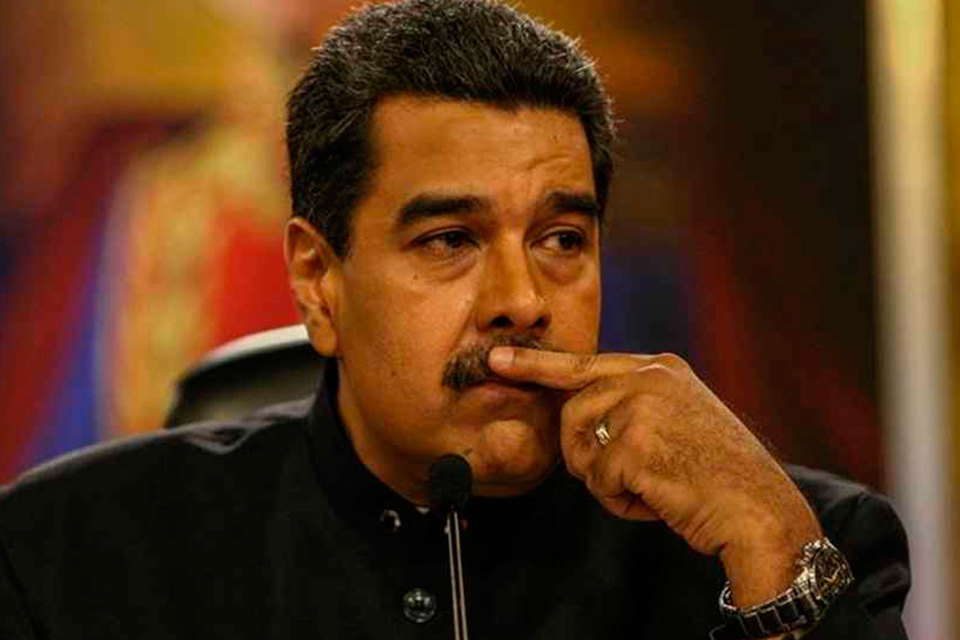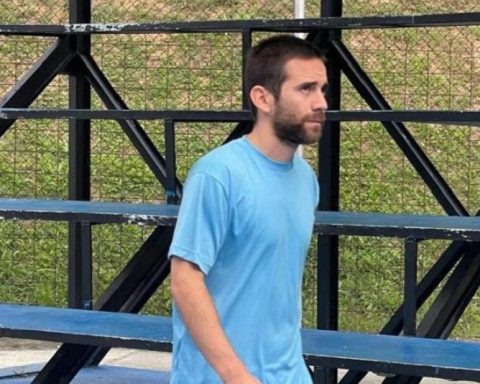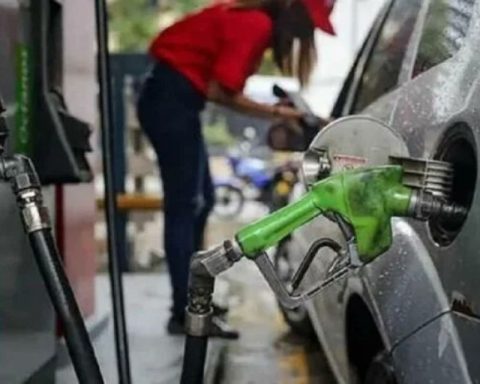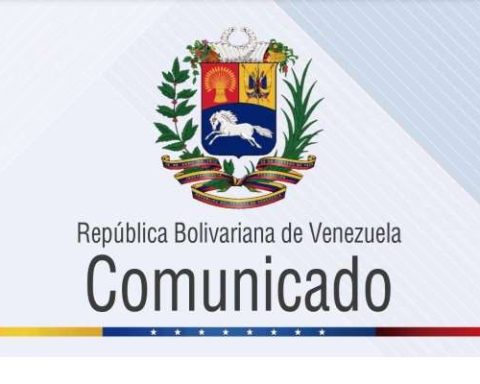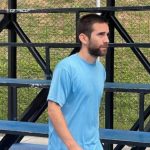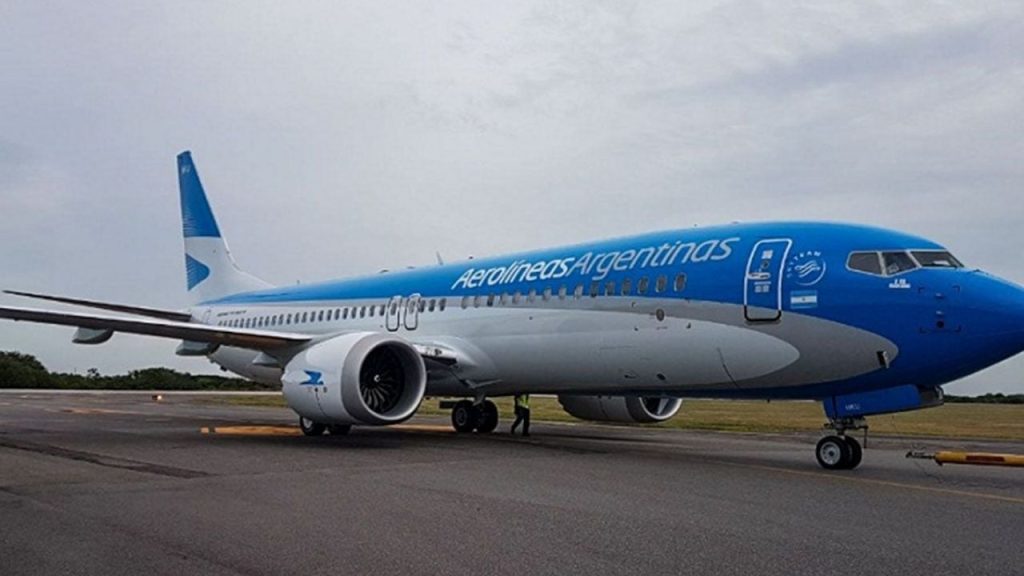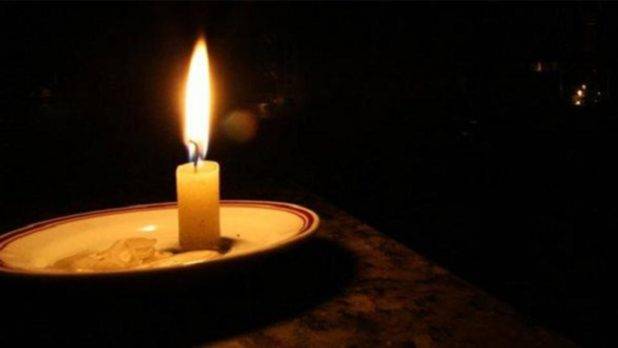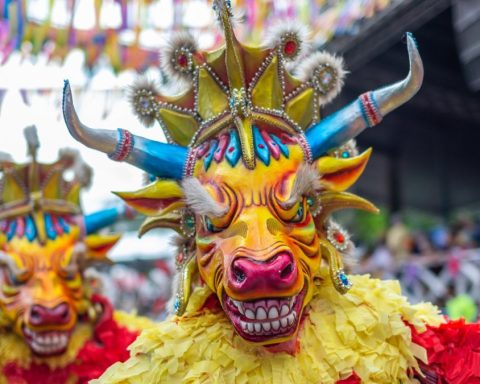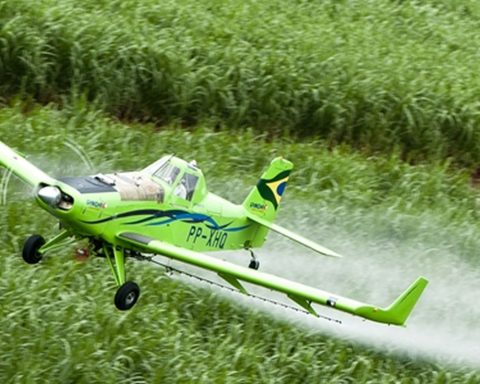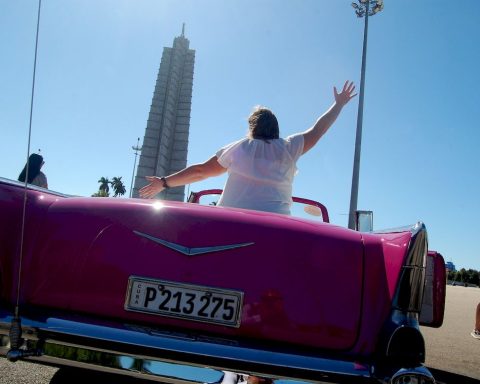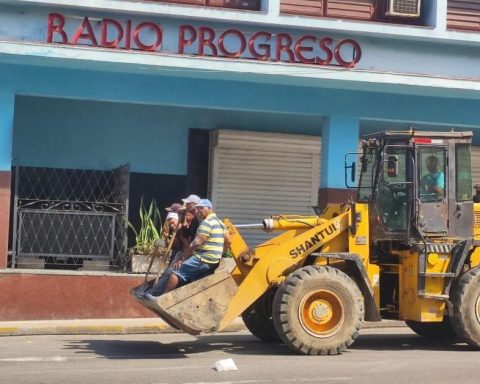The decision of the Argentine justice system was formalized this Wednesday, September 25, whenMagistrate Sebastián Ramos, in charge of Federal Court 2 for Criminal and Correctional Matters of the Federal Capital, sent the letter to Interpol to issue the red alert. The victims’ lawyer reported that they will also go to the International Criminal Court
This Monday, September 23, the Federal Justice of Argentina ordered the arrest and capture of Nicolás Maduro, Diosdado Cabello and other figures of the Venezuelan government accused of committing crimes against humanity.
The measure comes after the request made by prosecutors José Agüero Iturbe and Carlos Stornelli, who accompanied the claim of several Venezuelan victims who have denounced the government of Nicolás Maduro for human rights violations. After reviewing the case, which included – according to the review The Nation of Argentina– After evaluating dozens of testimonies and reviewing a dozen reports from international organizations, the judges ruled that there are sufficient reasons to try the Venezuelan president and other officials.
The decision of the Argentine justice system was formalized this Wednesday, September 25, whenMagistrate Sebastián Ramos, in charge of Federal Court 2 for Criminal and Correctional Matters of the Federal Capital, sent the letter to Interpol to issue the red alert.
According to the media Clarionthe order of Judge Sebastián Ramos covers more than thirty members of the Armed Forces, members of the security forces and the intelligence services of the ruling party, whose names have not yet been revealed.
The procedure initiated in Argentina is possible because universal jurisdiction establishes it and the nation’s internal legislation establishes it in its Constitution.
Universal jurisdiction contemplates that tNational courts may investigate and prosecute a person suspected of committing a crime anywhere in the world regardless of the nationality of the accused or the victim or in the absence of any connection with the State in which the court operates.
Amnesty International explains that andThis principle can be applied to most common crimes, but also to more serious acts within the framework of international law such as genocide, crimes against humanity, war crimes, torture, extrajudicial executions and “disappearance.” ».
“These crimes are so serious that they constitute a crime against humanity as a whole and, therefore, all States have the obligation to bring those responsible to justice. This opinion is reflected in the Preamble of the Rome Statute of the International Criminal Court,” says Amnesty International in a working document.
What does the decision of the Argentine justice system mean and what are its implications?
The representative of the Argentine Forum for the Defense of Democracy (FADD), lawyer Tomás Farini, explained in an interview with the Voice of America and to other international media what may happen with the arrest warrant issued against the Venezuelan officials.
The political scientist José Vicente Carrasquero, For its part, it also analyzed the measure in a post published on its social networks.
1. Notify the measure. Once the decision has been finalized by the courts of Argentina, it must be communicated to the courts of Venezuela and the request made official before Interpol.
This Wednesday, September 25, the federal judge Sebastián Ramos sent the request to Interpol to lift the red alert in all airports in the world. It is now up to Interpol to evaluate and proceed with the requested action.
Lawyer Farini does not believe that the Venezuelan courts will do anything about this, but he does trust the response that Interpol can offer.
2. Presentation of the accused. The people allegedly responsible for the crimes must appear before the Argentine courts so that the oral trial can take place.
Argentina does not have a trial in absentia, therefore if the defendants do not appear, the trial cannot take place and must be paralyzed until they attend of their own volition or are arrested and presented.
Lawyer Farini explains that a bill is being debated in the country to regularize trials in absentia. If the law is approved, Maduro, Cabello and the rest of the officials involved could be tried even if they are not in Argentina.
3. Orarrest warrant for extradition purposes. The lawyer points out that the arrest warrant was requested so that the accused could be extradited to Argentina so they could testify in court. In this case, the accused would be presented before the Argentine justice system for the oral trial to take place.
Regarding this, he explains that the discussion or doubts about the application of the measure arise due to the immunity granted by the Vienna Convention to foreign leaders. However, he points out that there are precedents such as that of senior officials of the Iranian government who were raised with a red alert in the case of a terrorist attack against the Argentine Israelite Mutual Association (AMIA), which occurred on July 18, 1994.
Furthermore, another factor that works in favor – the lawyer argues – is that “Maduro is a de facto leader” after the electoral results of July 28, which have been rejected by the Venezuelan opposition and are under questioning by the international community given that Only general results were presented and not disaggregated by voting tables and centers.
4.Effects of the arrest warrant. The FADD representative points out that if Nicolás Maduro or any of the officials who have an arrest warrant travel to another country with which they do not have agreements, they may be detained. He cited as an example the case of Alex Saab when he was detained while making a stop in Africa to refuel.
On this point, José Vicente Carrasquero points out that the measure significantly restricts international mobility and limits participation in global forums, international summits and diplomatic visits outside Venezuela. In turn, the countries that could receive them will also be the subject of international pressure.
“This order reinforces the diplomatic isolation of Venezuela and its leaders. “Governments that recognize the principle of universal jurisdiction could take additional measures, such as breaking or limiting their diplomatic relations with Venezuela, given the weight of the accusations.”
Another consequence that Carrasquero observes is that the arrest warrants could increase pressure on the International Criminal Court (ICC) and other international courts to move more quickly in the investigations that are already open against Maduro and other senior Venezuelan officials. In fact, lawyer Farini declared to TNT24 who will also go to the ICC.
The decision of the Argentine justice system, in Carrasquero’s opinion, can strengthen the legitimacy of the opposition in Venezuela by showing that the crimes attributed to the government of Nicolás Maduro are recognized internationally and are under investigation.
Likewise, he points out that for victims of human rights violations in Venezuela, the arrest warrant “represents significant support and could offer hope for justice.”
For lawyer Farini, the arrest warrant also has a symbolic significance that will allow “cutting the ambiguous rhetoric” of many governments about what is really happening in Venezuela.
Venezuela’s response
The Venezuelan authorities reacted to the accusations coming from Argentina. Last Wednesday, September 18, attorney general appointed by the defunct constituent, Tarek William Saabannounced the start of a formal investigation against the Argentine government for the alleged theft and dismantling of a plane belonging to the Venezuelan company Emtrasur, a cargo subsidiary of the Conviasa airline.
Six days later, Tarek William Saab called another news conference to announce that he will request a red alert from the International Criminal Police Organization (Interpol) against the president of Argentina, Javier Milei, the general secretary of the presidency, Karina Milei, and the Minister of Security, Patricia Bullrich.
At that time, Saab described the Argentine government’s action as an attack against the Venezuelan nation that is part – in his opinion – of a retaliation strategy orchestrated by foreign powers to affect the country’s sovereignty.
The Prosecutor’s request was supported by the Supreme Court of Justice, an entity that published a statement on September 19 in which he issued an arrest warrant against the aforementioned Argentine government officials.
The Venezuelan government accuses Argentine officials of the “theft” of an Emtrasur plane, a Venezuelan state company, which was subsequently sent and destroyed in the United States.
Post Views: 582
